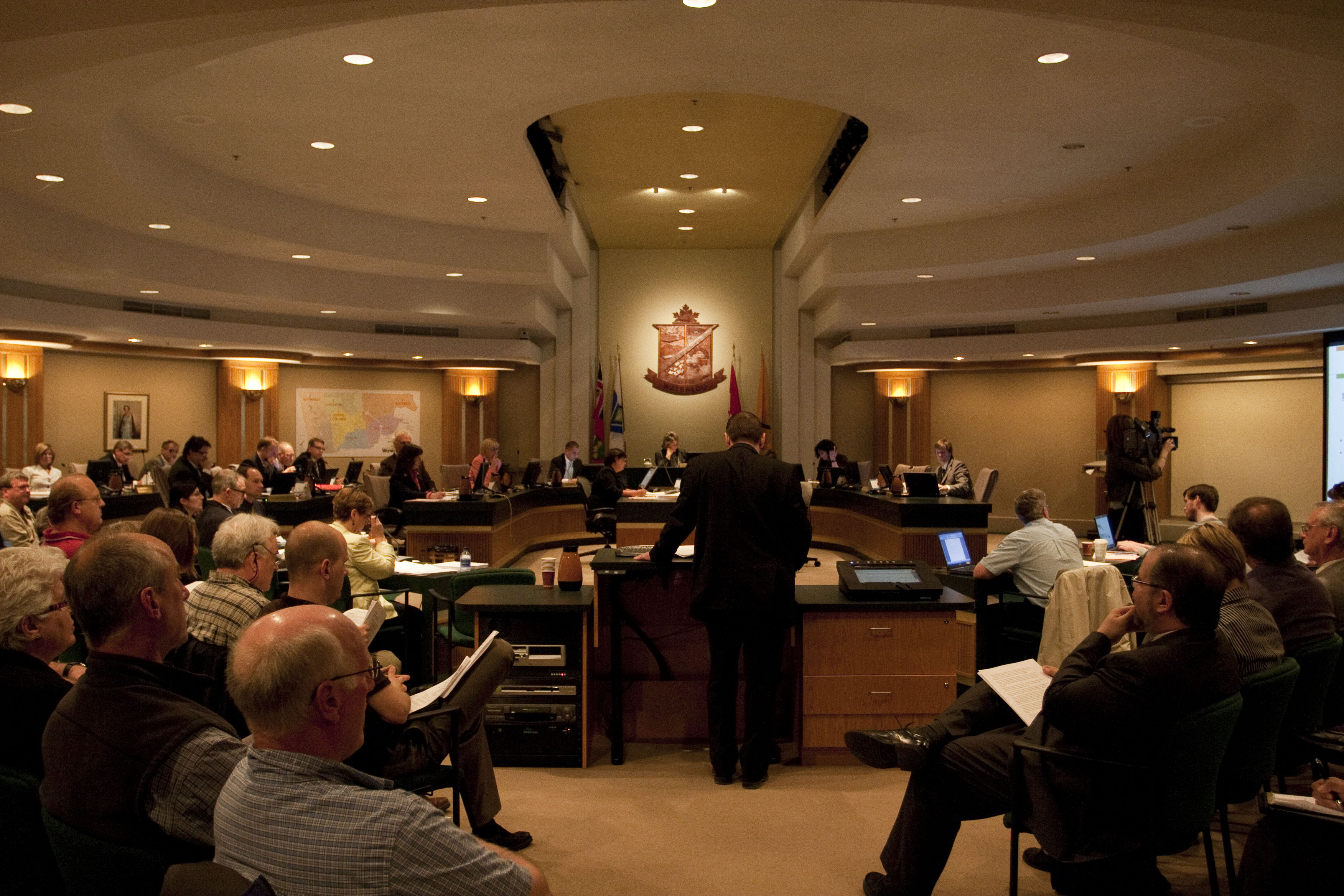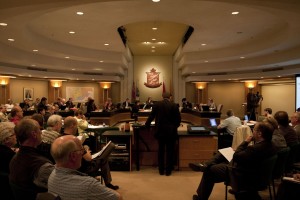Ontario reviews council transparency


To ensure that municipalities in Ontario are transparent when it comes to key decisions, Ontario ombudsman André Marin conducted a study to see if cities follow these practices. Marin, however, discovered no cases in his report regarding the Region of Waterloo.
“It’s part of what is referred to as the ‘sunshine law’, which is basically to try to ensure that municipal councils are transparent and actions are taken with full public awareness,” explained Robert
Williams, retired political science professor at the University of Waterloo.
While the report only covered Kitchener and the Township of Woolwich, Waterloo has also been receiving some feedback on their performance by local media. Waterloo chose not to partake in the report — which required a fee by the city— and decided to do it under the Association of Municipalities of Ontario (AMO) instead.
“Waterloo certainly didn’t get much press play in the [ombudsman’s] review,” said Jeff Henry, the Waterloo city councilor for ward six, the area that encompasses the Northdale neighbourhood across from Wilfrid Laurier University.
“Locally, nobody had a closed meeting investigation,” he continued.
“No one has challenged us on that, we haven’t had any investigation requests, we haven’t had any investigations that have determined that we didn’t follow everything that we were supposed to do.”
However, he did note that Waterloo has had closed meetings before but no final decisions were made within those meetings. Henry added that the nature of municipal politics allows it to be the most public.
“I think one of things I would say, very generally, is that municipal government is the most reachable and transparent, and easiest to access for citizens, evident by the fact that we make all of our decisions in public,” he emphasized.
While rare, Williams did mention that the reason this report has become an annual occurrence is because cases did emerge from time-to-time.
“I don’t think the system is corrupt, but certain times decisions are made without the public scrutiny,” Williams explained. “There were few cases [in Ontario] where they basically met and made a decision about doing something, in effect that became their procedure but no one was really aware of it.”
According to Williams, some examples of where this may happen is when councilors meet at a charity dinner or golf tournament, which could be unintentional, to discuss and decide on municipal matters.
But Williams said this is not the case in Waterloo Region.
”Councils have appeared to listen to that and they haven’t blundered into things, they are prepared to take things into public,” he said. “Generally, we’re doing well.”
Henry echoed Williams’ remarks, and even noted that the relationship between the city and city organizations such as the Wilfrid Laurier University Students’ Union (WLUSU) and the University of Waterloo (UW) Federation of Students has been strong.
“We certainly have had very strong opportunities in the last several of years to build relationships with WLUSU and the UW Federation of Students, engaging them on key issues in on our advisory committee,” Henry explained.
As a result, with constant communication with the community as a whole, Henry believes that Waterloo is going in the right direction.
“As long as we find more ways to involve people in the community, whether they are living in Waterloo or at school, the better the relationship will be and the better the outcomes will be,” Henry said.

